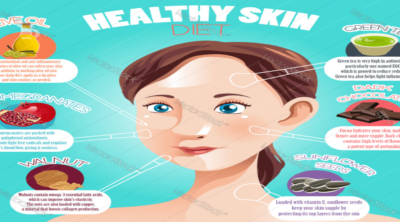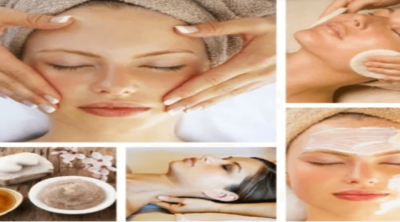
Taking antibiotics that do not cause any significant side effects can be an effectual therapeutic approach to get rid of unpleasant acne outbreaks. Learn about the best antibiotics for acne problems.
Acne vulgaris, or simply acne, is a disheartening skin condition for many adolescents. The unsightly skin eruptions on the face, back, and other bodily areas are caused due to overproduction of oil by the sebaceous glands. Accumulation of excess oil causes clogging of the skin pores. This in combination with dead cells becomes a breeding ground for bacteria, resulting in red skin, pain, and inflammatory symptoms. Teenagers who have acne and pimples are often on a lookout for simple ways to get rid of acne.
What is the Best Antibiotic for Acne?
There are some good antibiotics, which along with skin care tips work great for acne vulgaris. The effectiveness and suitability of antibiotic may differ from one person to another, based on the body’s sensitivity to a particular drug, severity of acne, and skin condition of the person. So, deciding a potent acne antibiotic and its dose are best done by the concerned dermatologist. Antibiotics that are frequently prescribed for acne and pimples are highlighted below.
Tetracycline
The drug Tetracycline is probably the most popularly recommended oral antibiotic for acne. It is used to treat acne, pimples, and inflammatory skin conditions. For best results, it should be taken between meals, when the stomach is empty. The dosage should be reduced gradually as soon as there is improvement in the skin symptoms.
Minocycline
Minocycline is also an antibiotic medication that possesses anti-inflammatory properties too. Belonging to the Tetracycline class of drugs, it helps in clearing severe forms of acne and controlling acne outbreak. Some users have reported 60 percent reduction in acne outbreak after taking Minocycline in the prescribed concentration. Minocycline not only reduces redness and swelling, but it also aids in acne scar treatment.
Doxycycline
In case of severe acne cases, which are non-responsive to Minocycline and Erythromycin, the dermatologist may suggest Doxycycline, a strong prescription drug. One should follow the doctor’s recommendations while taking this antibiotic. The number of prescribed tablets per day depends on the concentration. For instance; a 50 mg Doxycycline may be taken twice daily, while a 100-mg tablet is taken only once in a day.
Erythromycin
Another antibacterial formulation considered as the best is Erythromycin. Possessing antibacterial and anti-inflammatory properties, it disturbs the protein balance of the bacterial strains, thereby causing death of the microbes. Unlike Tetracycline, this tablet can be taken with or without food. While taking this medication, one should drink ample amounts of water to minimize side effects.
Why Use Antibiotics for Acne Treatment?
Once thought to be caused by improper skin care, hereditary factor is partly responsible for causing acne. The reliable acne treatment options encompass usage of mild, perfume-free facial soaps, application of less oily skin creams, and more importantly, administration of antibacterial medications. The antibiotics work in many ways to combat acne problem, of which reducing or killing the causal bacterial strains is a major contribution. They are taken orally or applied topically. At times, both oral and topical antibiotics are used concurrently.
A non-antibiotic medication, called Accutane is considered to be a reliable alternative for treating severe acne types. Basically an oral formulation, this drug is taken only when antibiotics and other acne treatment approaches are showing no prompt results. Prior to taking Accutane, a thorough medical examination is performed and the doctor also analyzes the medical history of the patient. Antibiotics and Accutane are not recommended simultaneously, as they may interact and cause severe medical complications.
Caution: Excessive consumption of antibiotics can lead to certain side effects. People who have used acne antibiotics for a long time are more likely to develop upper respiratory tract infection than others. Hence, even the best antibiotic for acne should be advocated under the guidance of a trusted doctor. Whenever possible, the dose should be kept minimal to avoid adverse effects.
Disclaimer: This BeautiSecrets article is for informative purposes only, and should not be used as a replacement for expert medical advice.


